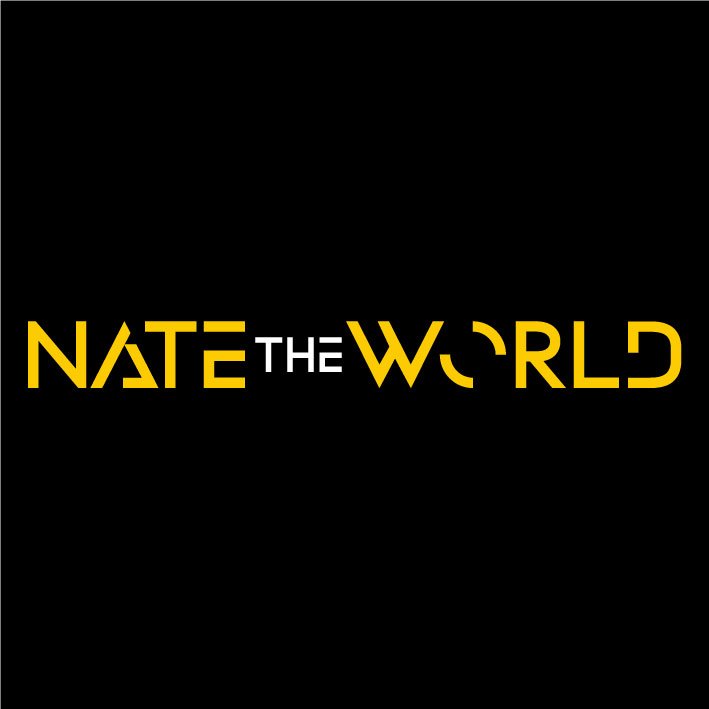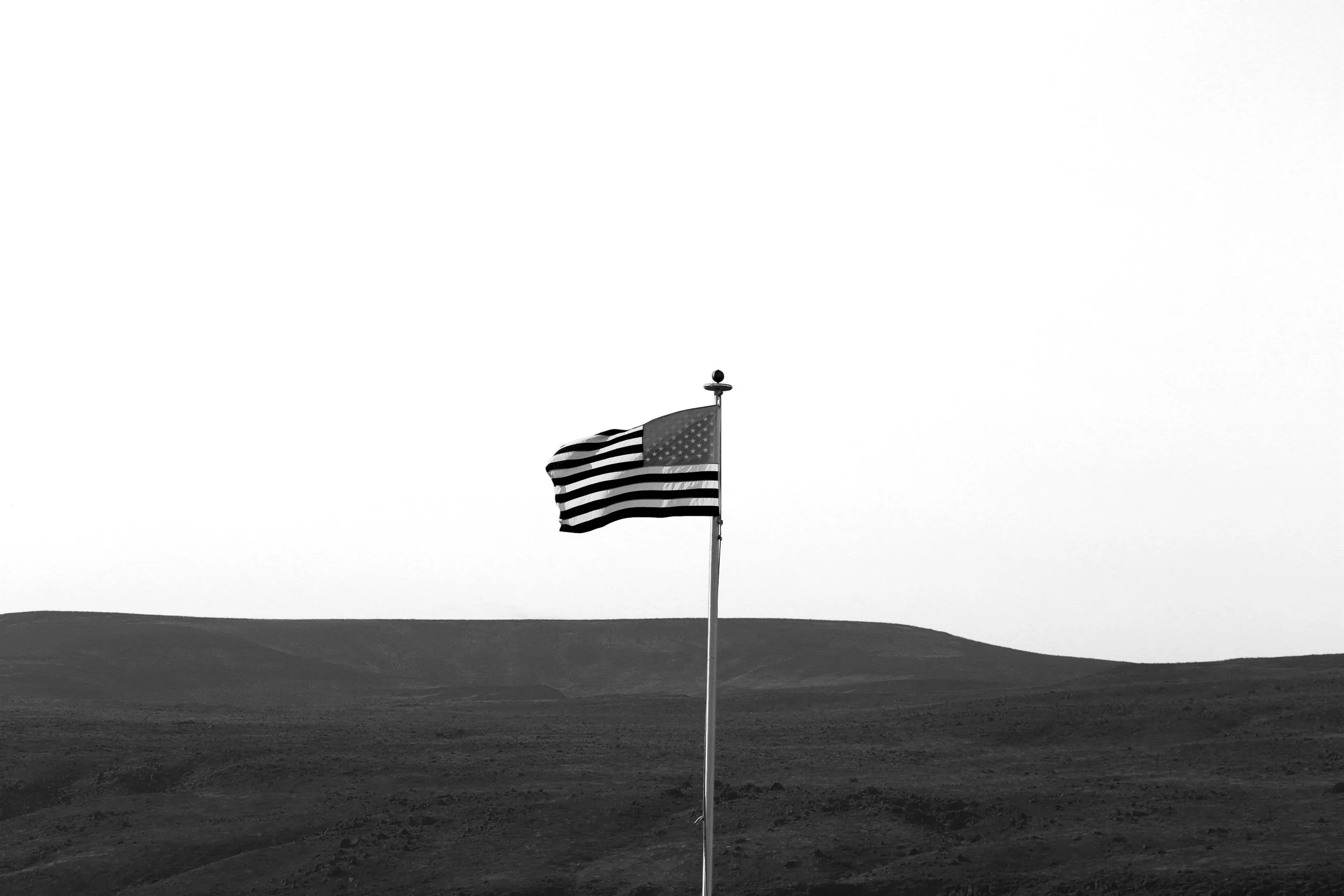Born in 1983 with the Cold War nearing its end and all that meant for American patriotism, I heard countless variations of the phrase, “America is the greatest country in the world.” We were a “shining city on a hill,” “the most loved, hated, respected, and feared country in the world,” and “America is the most powerful country the world has ever known.”
As a child, it was impossible to avoid becoming consumed with this sort of nationalism. It made me stand a little straighter during the national anthem, pledge my allegiance a little louder, and question the injustices of my country with much more forgiveness.
Then reality hits so hard it would make a Florida politician blush and then ban a bunch of books. I discovered things about America that could not be ignored. Slavery, genocide, denying women the right to vote, Jim Crow laws, exclusionary acts, xenophobia, internment, red lining, denial of basic freedoms, Islamophobia, and an insurrection painted my country in a different light. Contrary to the beliefs of those hellbent on keeping children from learning our accurate history, learning these things did not make me love my country any less. It painted over the idealized images of my youth. Now, I view my country with complexity. It possesses layers and nuance. It is an idea that has not fully realized its highest aspirations. My country is a continuous work in progress.
My country is not exceptional. We lead the world in the following categories:
Highest incarceration rate and the world’s largest prison population
Highest percentage of obese people in the world
Highest divorce rate
Highest rate of illegal drug use
Highest rate of car thefts
Highest rate of reported rapes
Highest rate of reported murders
More police officers than anywhere else in the world
We spent more of our GDP on healthcare than any other nation
More student debt than any other nation
We spend 7 times more on our military than any other country
The world’s most complicated tax system
The world’s largest national debt
And this is just scratching the surface of how we are failing our citizens. When I look above, all the economic output data in the world could not convince me we are an exceptional country. As anyone who has ever attended Alcoholics Anonymous will attest, the first step in solving any problem is recognizing you have one. America is not an exceptional country. Our ideals may be, but our execution is far from the truth. Ideals do not make it safe to walk down the street. Ideals do not ease the financial worry that comes with a hospital stay. Ideals do not keep people from falling into homelessness.
So, how do we fix the challenge before us? Is America capable of becoming an exceptional country? Can we lead the world in anything beyond sheer economics and military spending? I wish I could lie to you. As a pragmatist, I wish I could stare at the data, political climate, and the will of the people and draw a different conclusion. I can’t. America had the opportunity to be something extraordinary. We would not have gotten everything right, but at the very least, we could have created a tide that lifted all the boats. We chose differently.
Instead of exceptionalism, we must settle ourselves into the idea of mediocrity and average outcomes. Our political divide will further entrench itself and we will become a patchwork of liberal and conservative states mired in dramatically different approaches to problem solving. Marginalized groups will continue to suffer, and political refugees will bounce from state to state seeking spaces where they can be their most authentic selves. Meanwhile, other economic engines will grow stronger. Small and more nimble countries will better address their citizen’s challenges. The American Century will end not with a bang, but a whimper. We must accept our fate of being relegated to the history books with a footnote that says, “America was the perfect manifestation of an idea and ideas are not enough.”
Unless optimists can write a different story.
Be good to each other,
Nathan

